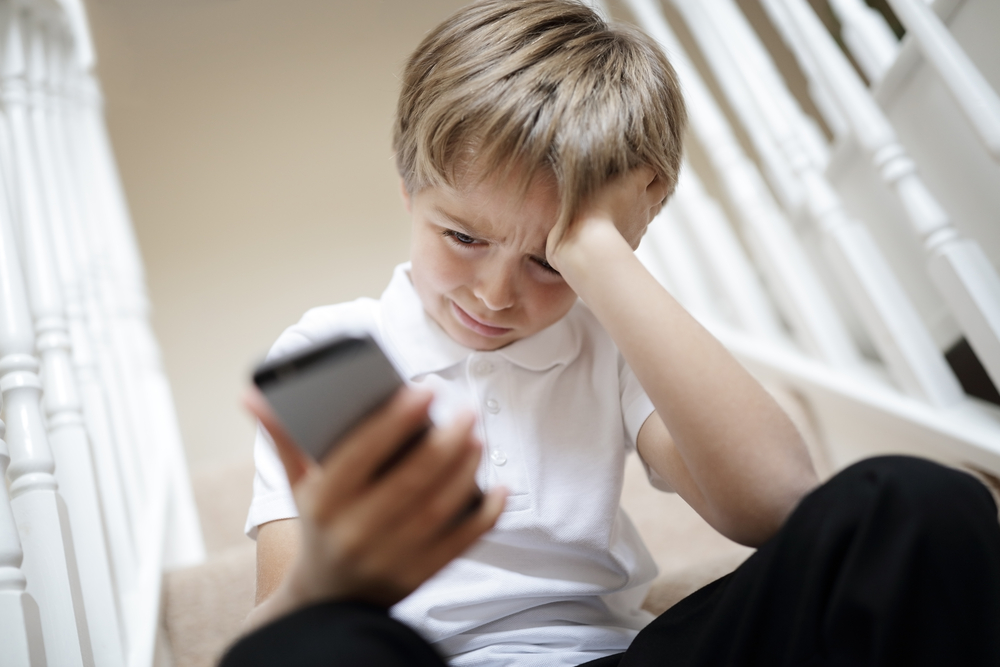Josh McFadden

“The restaurant got my order wrong!”
“My son won’t do his homework!”
“Could you tell me what time the store opens?”
These are just a few of the types of outlandish phone calls 911 dispatchers receive. To an ordinary person, these “emergency” calls may seem funny, but any dispatcher knows that calling 911 for the wrong reason is no laughing matter. While a person complains that her McDonald’s french fries were too cold, someone else could be dying of a heart attack, unable to get ahold of a dispatcher.
It’s a seemingly never-ending frustration for telecommunicators. Many people simply don’t understand when it’s appropriate to call their local emergency number.
One Maryland (USA) dispatcher thought it was time to educate the public, and she’s doing it with second-graders.
“The public doesn’t know when to call and what to expect,” said Monica Dietz, Training Coordinator/Communications Operator II with Wicomico County in Salisbury, Maryland.
Not only is it far too common for people to call for non-emergencies, but callers often get upset when dispatchers ask them questions and keep them on the line. Dietz said many residents don’t understand that the questions are vital to their well-being. People think they’ll quickly dial the emergency number, tell the dispatcher what’s going on, and then the dispatcher will send help and end the call.
Dietz knew something had to be done to help people better understand the purpose behind the questions and when they should and should not call the emergency number. To spread the word, she began a 911 junior dispatcher program, which she has been heading up for three years.
In the program, Dietz visits local elementary schools, educating the children on when to call 911, what to expect when someone answers the phone, and what their responsibilities are to make sure it’s a successful call.
But why second-graders?
“I thought the best place to start was with kids,” Dietz said. “They’re like sponges. They’re willing to listen. I teach them and let them go home and teach family members. Second-graders are old enough to understand and still young enough to care.”
Dietz said one of the biggest lessons she teaches the kids is that they must learn their address and phone number. To help them, she passes out cards on which the kids fill out their address and cellphone and landline phone numbers. They will then place the cards on the refrigerator where they’ll see them frequently.
Dietz starts off the program by showing a video and then playing a game that helps illustrate when it’s OK and not OK to call 911. She also discusses in depth the consequences of prank calls and the differences between calling from a landline and a cellphone. She then goes through every step of calling 911.
“I tell them to stay calm and speak clearly,” she said. “I tell them to stay on the phone and listen to the instructions. I give them examples of what questions are asked and what instructions are given.”
The program also includes a “what-if” segment that discusses scenarios the children might face when they call 911 and what they should do. At the end of the hour-long presentation, Dietz leads the second-graders in a pledge, where the children promise to do everything she talked about in the program. Participants then get a certificate of completion.
Ultimately, Dietz hopes the children go home and share the information with their parents. She gives each child a flier, summarizing the program’s key points.
Dietz runs the program each year from March through May. She prefers to go to individual classrooms at each school but will instruct all the second-graders of the school together if necessary. In 2017, Dietz visited 14 schools and presented the program to around 1,200 students. This is a dramatic increase from her first year when she visited one school.
“Teachers and administrators have been wonderful,” she said.
Though she does get comp time at work for the time she spends at the schools, she isn’t paid for her efforts. But she’s just fine with that.
“This is such an important part of my job,” she said. “I love it.”








